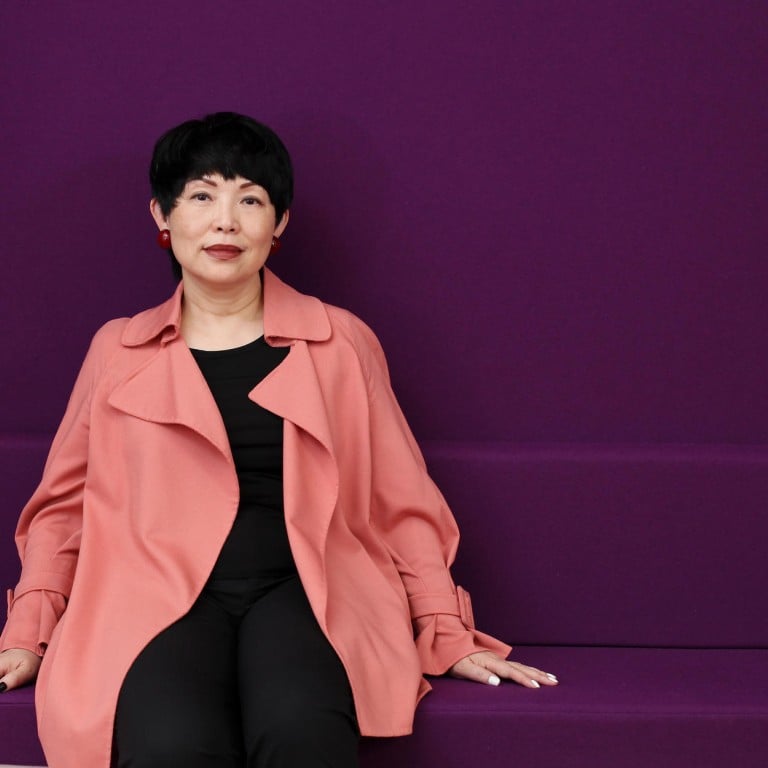Fashion queen Mimi Tang says she used to be a dreamer

After leaving secondary school, she excelled in her first job and eventually went on to lead a fashion and luxury empire
Mimi Tang used to be a dreamer. "When I was young, I didn't have any solid career plans - I just daydreamed every day," says the woman who is now among the busiest female professionals in Hong Kong.
Tang is president of Kering (formerly PPR) Asia-Pacific, which encompasses some of the biggest luxury brands in the world within its portfolio, such as Gucci, Saint Laurent, Alexander McQueen, Balenciaga, Sergio Rossi and Boucheron.

"I entered this industry purely by accident," she says. "I didn't like studying, and I didn't perform very well academically. When I finished school, I knew I wouldn't be able to further my education, so I decided to take whatever job came my way."
Fresh out of secondary school, Tang went for an interview at Kai Tak Airport's Duty Free Shop (DFS) and, to her surprise, she was offered the job - and asked to start work the very same day.
With no experience, Tang felt out of her depth in the workplace, but, as she says: "I knew I had to pay the bills; I needed the money to take care of my family."
It was this thought that pushed her to excel in her first job, for which she picked up retail and merchandising skills that would be essential for her work later on, and an increased fluency in English and proficiency in Japanese.
"In the airport's transit lounge, you come into contact with a lot of passengers and, at the time, there was predominantly one type of passenger: the Japanese," she says. "In order for me to be able to communicate with them, I had to learn the language, which enabled me to complete sales transactions. I always believe that language is one of the most important skills to pick up, especially in retail."
These skills helped propel Tang up the career ladder. In two years, she was promoted to sales supervisor, a role she initially felt uneasy about.
"One of my concerns was how I would supervise people more mature than I was, with more experience than I had," she says. "But I was hard working, I could commit myself, I was diligent. I definitely enjoyed working more than I enjoyed studying. I enjoyed being around people."
This made her transition to merchandising three years later so difficult. "I was a blank piece of paper," she says, and it wasn't easy moving from a supervisory role to a clerical one, from interacting with people daily to being in an office.